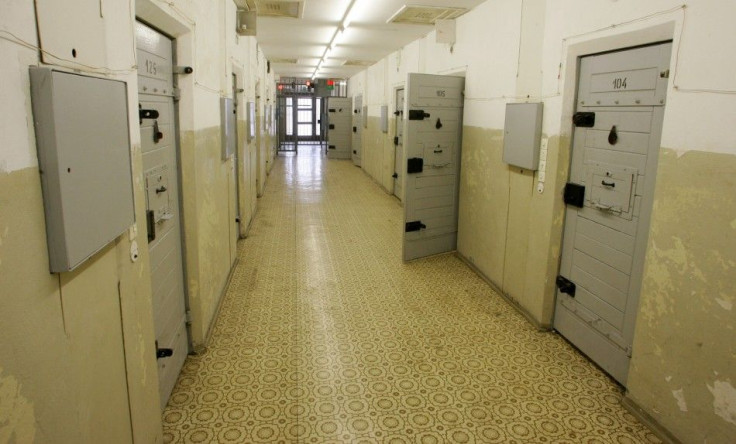Supreme Court Hears Arguments on Suit Against Private Prison Operators

The U.S. Supreme Court Tuesday heard arguments in a case about a federal inmate seeking to sue employees of private prison operator, though some of the justices indicated that a state court would be suitable to handle prisoner's claims.
Richard Lee Pollard, an inmate at a federal prison in Taft, Calif., sued employees at The GEO Group, the private company that operated the facility, after he fractured his elbows in a 2001 fall.
Pollard claims that prison staff violated the Eighth Amendment, which prohibits cruel and unusual punishment, when treating his injuries. Pollard alleges that he was denied necessary medical treatment, shackled with heavy chains that pulled on his arms and forced to work while still recovering from his injuries.
At Issue: Private Employees As They Relate to Prisoner Rights
Federal officials can be sued in so-called Bivens cases for violating a person's constitutional rights when there no other alternative in state courts. While this has yet to be extended to contractors, Pollard's attorney argues that these private employees were operating under federal law.
Pollard represented himself when he filed his federal suit. As a federal prisoner, he only had access to federal legal books, which he used to draft his complaint.
A federal court dismissed his suit, but the U.S. Court of Appeals for the Ninth Circuit, anchored in California, allowed Pollard to proceed with his case.
Private prisons are often seen as a cost-effective way to handle a federal prison system bursting at the seams, though how much money these companies save government is disputed.
About 8 percent of the prison population, nearly 128,000 inmates were housed in privately-run state and federal facilities in 2009, according to the U.S. Bureau of Justice Statistics. For federal prisons, more than 30,000 inmates are housed in privately-operated institutions.
Is Complaint a Tort Case or Constitutional Issue?
The justices pressed Pollard's attorney John Pries about his client's decision to file suit in federal courts instead of state courts for tort claims such as negligence or medical malpractice.
Pries argued that state laws could only address some of Pollard's claims and provide inadequate remedies for constitutional rights violations. If the Supreme Court rejects Pollard's case, his options for a state law case are closed due to statute of limitations.
You have to have a cruel treatment and where a person deliberately or negligently subjects someone else to cruel treatment, my law school recollection of many years ago is that there ordinarily is a tort action, Justice Stephen Breyer said.
Justice Elena Kagan said that state law has a low bar to clear, requiring proof of negligence.
Justice Scalia, meanwhile, let out a Wow after Preis suggested that the court would either allow private employees in federal prisons nationwide to be sued for violating an inmate's rights or close the door on such legal actions entirely.
I certainly wouldn't want to hold that, Scalia said.
© Copyright IBTimes 2024. All rights reserved.





















